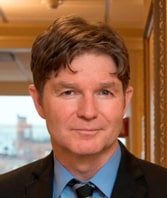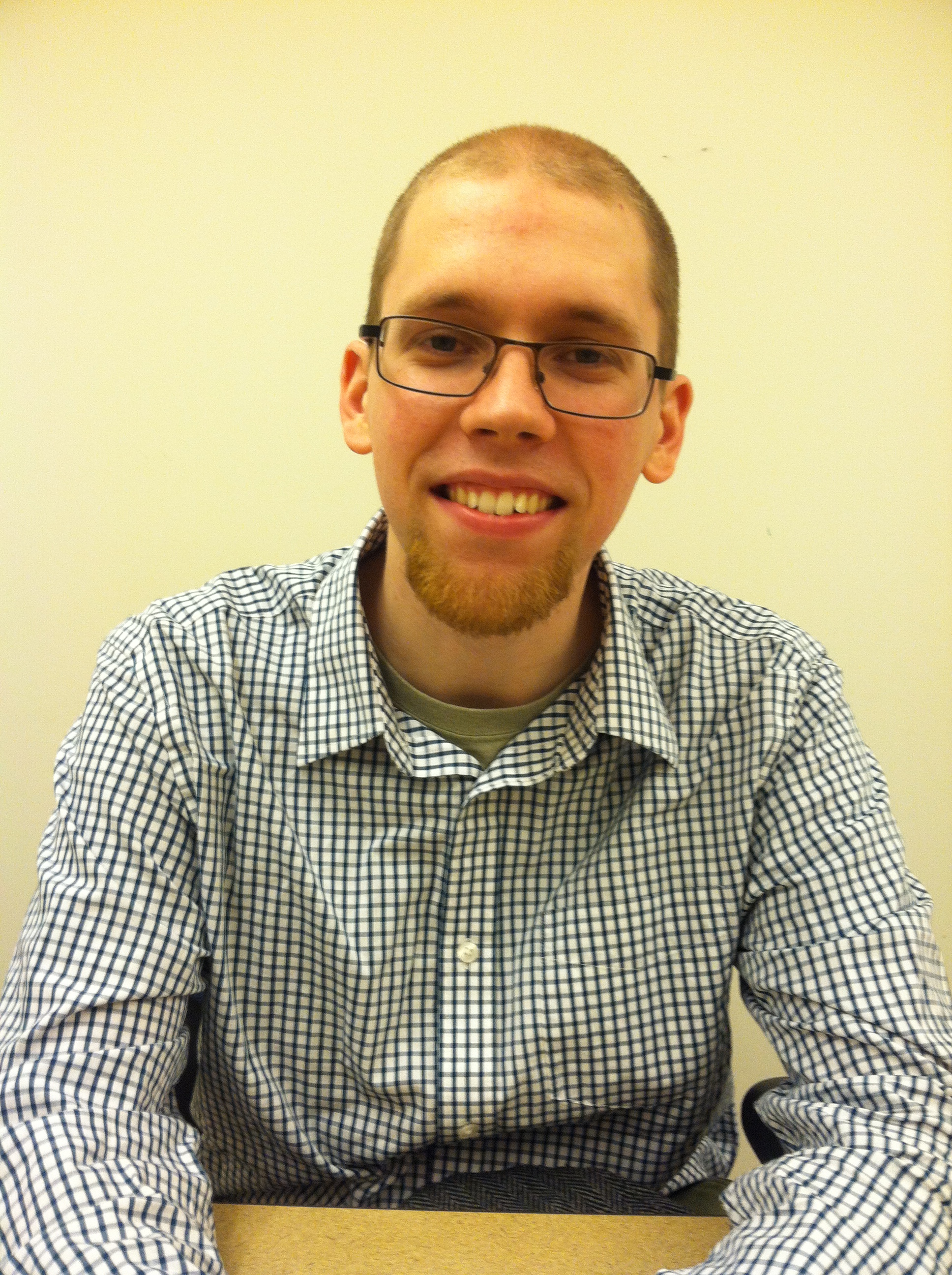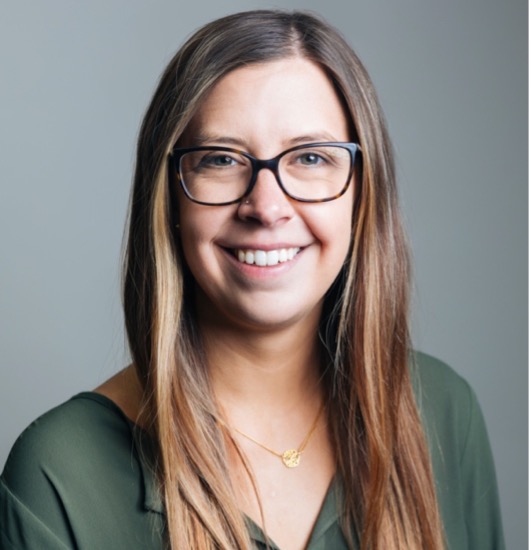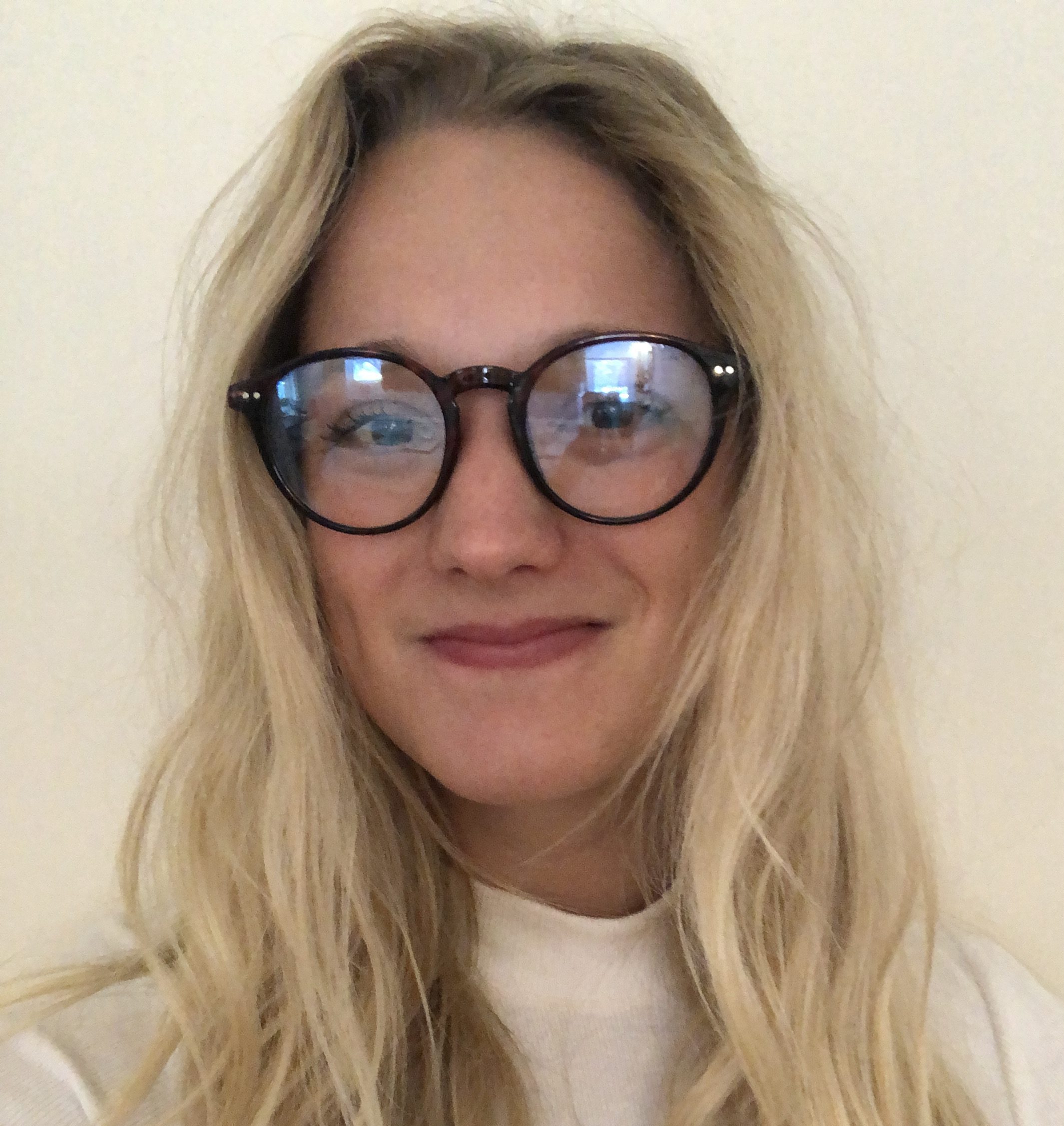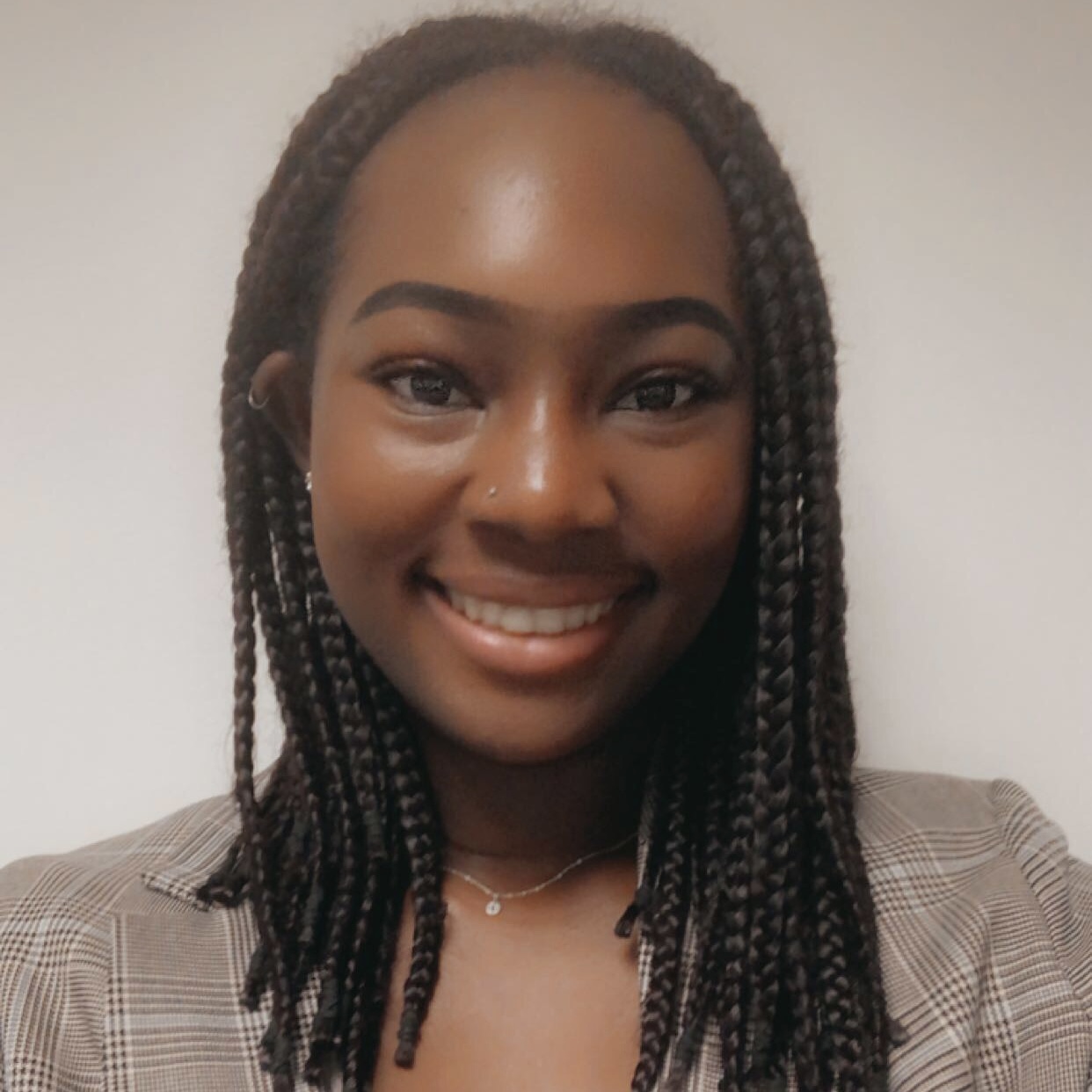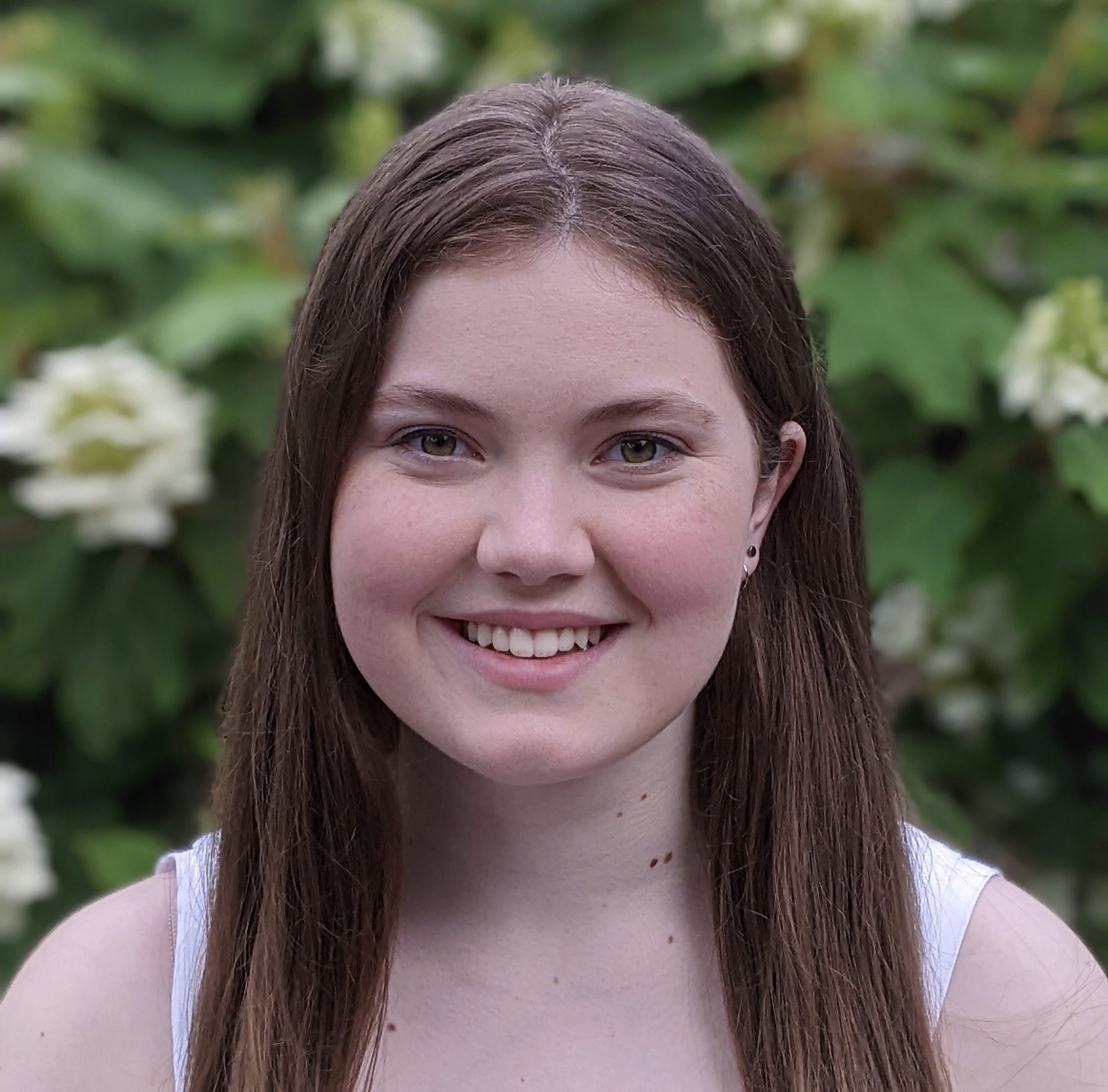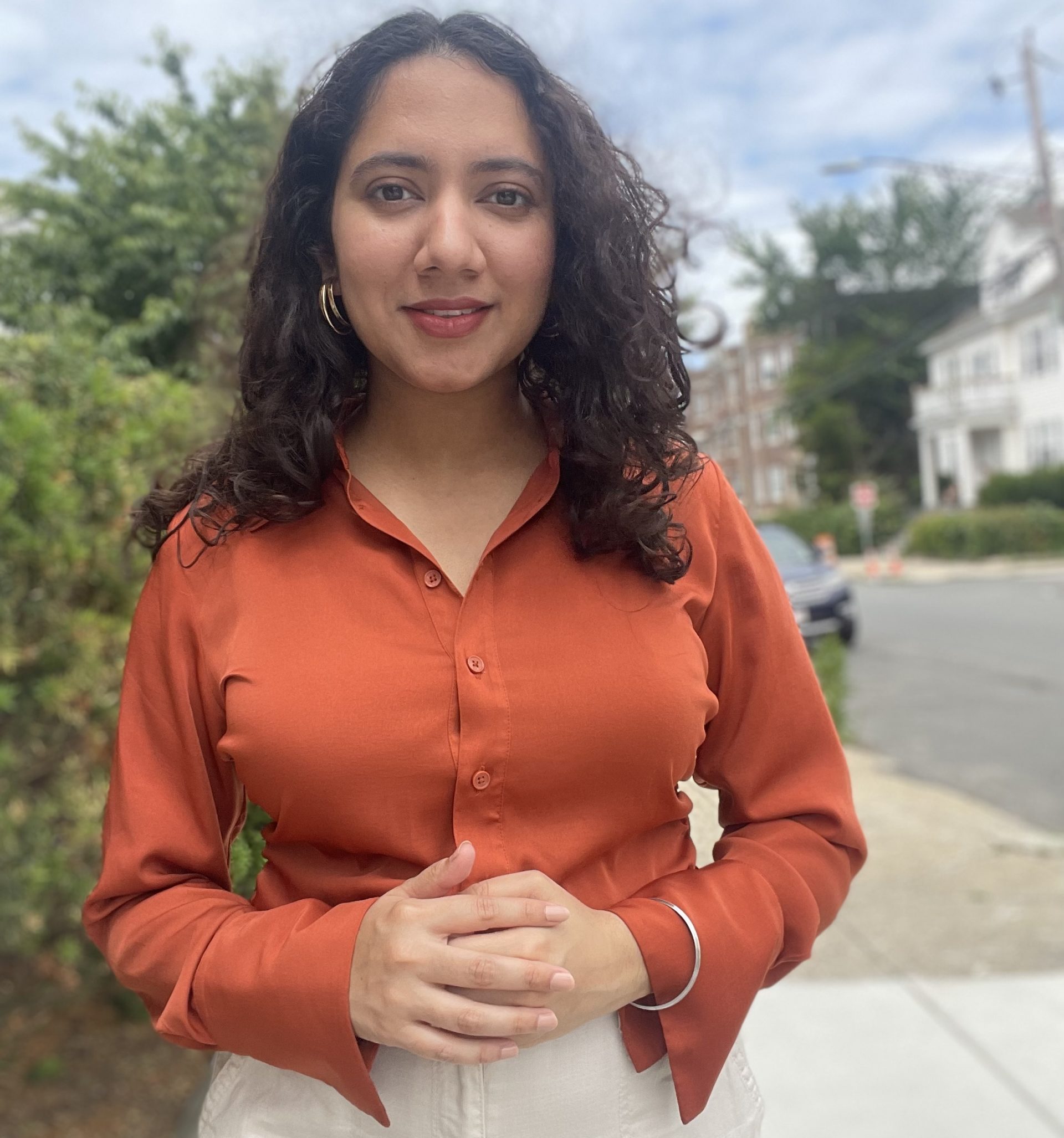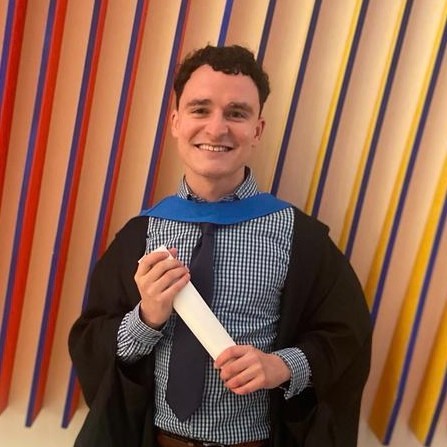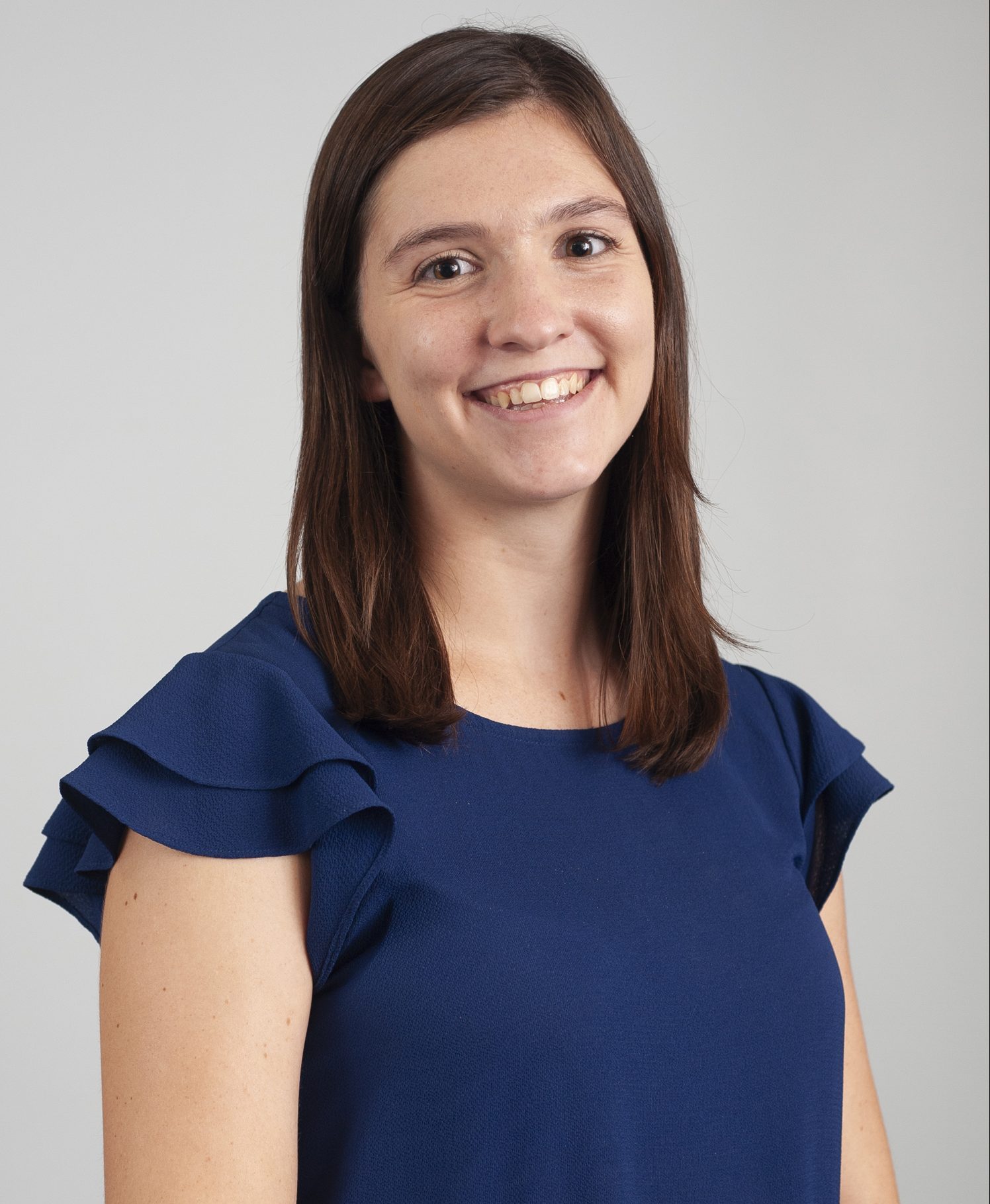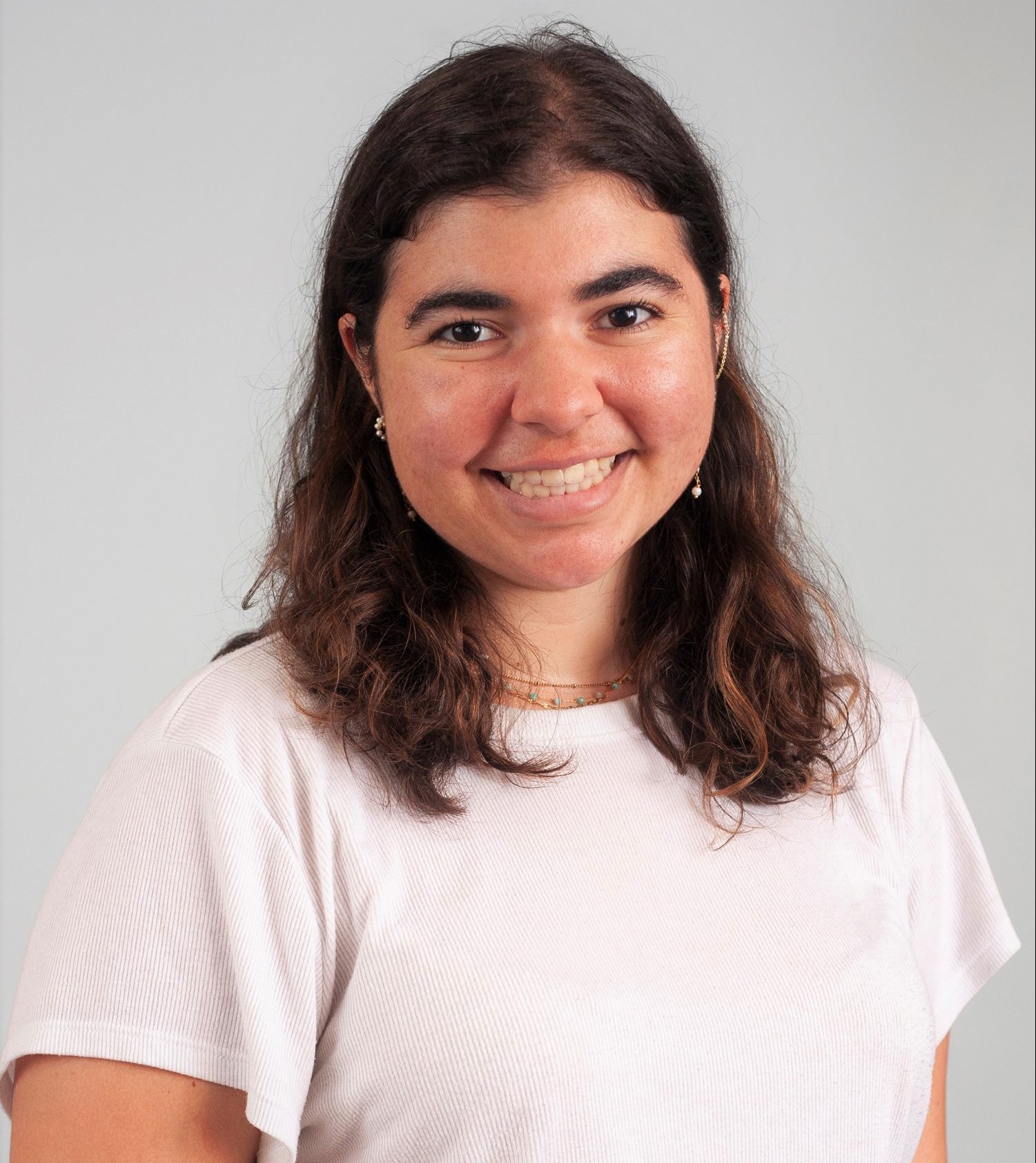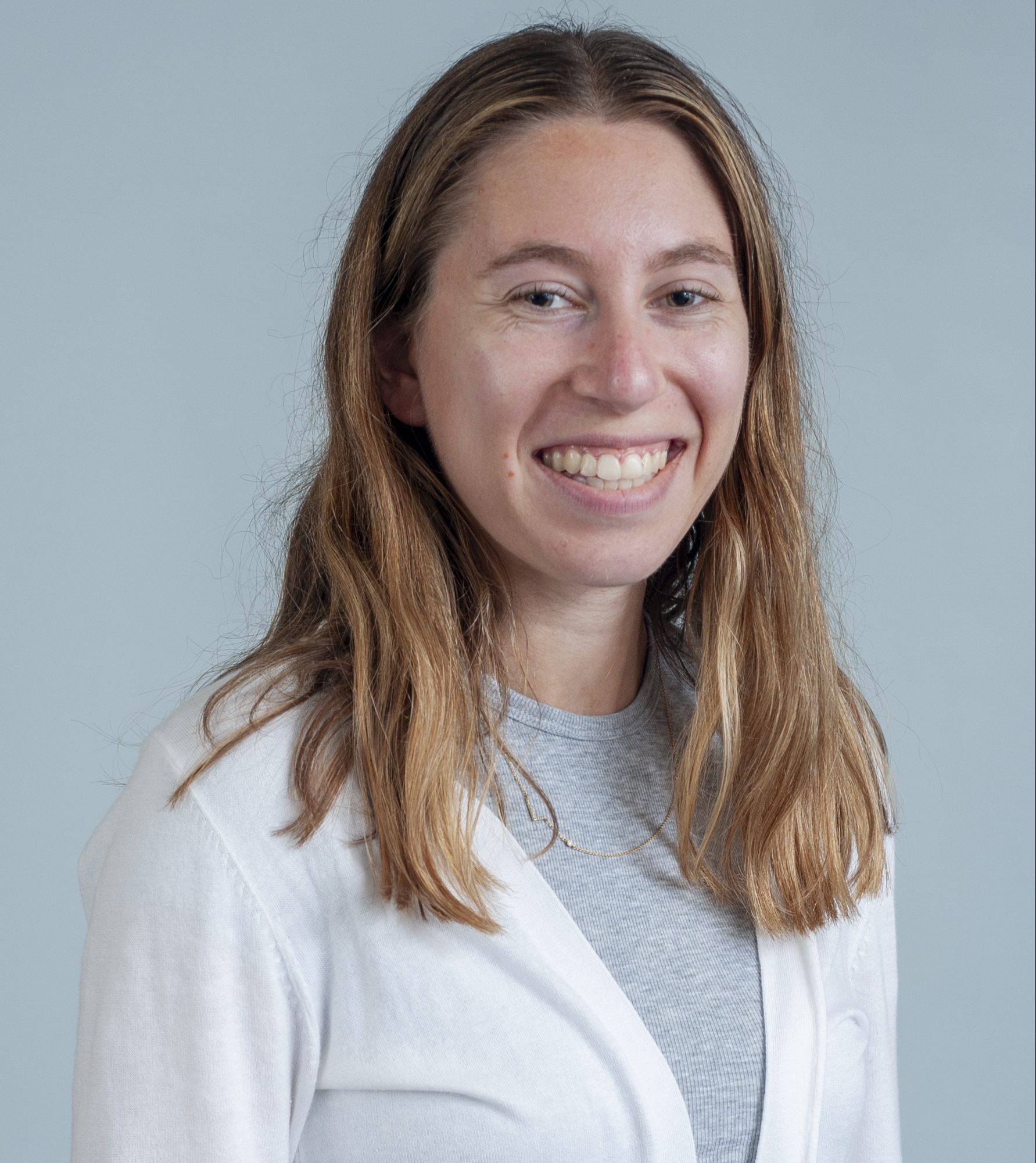Faculty and Staff
The Center for Addiction Medicine maintains a highly collaborative team with backgrounds in behavioral interventions, neuroimaging, and cognitive neuroscience. Faculty, post-docs, and staff all provide the complementary skills and expertise needed to study the underlying causes and risk factors of addictive behavior and to test new treatments for addictive disorders. The faculty and fellows have appointments at both Harvard Medical School and Massachusetts General Hospital.
Founding Director and Principal Investigator, Center for Addiction Medicine; Cox Family Professor of Psychiatry in the Field of Addiction Medicine, Harvard Medical School
Dr. Evins is the Cox Family Professor of Psychiatry in the field of addiction medicine at Harvard Medical School and the founder and director of the Center for Addiction Medicine at MGH. Dr. Evins completed her residency in adult psychiatry at the Massachusetts Mental Health Center and the Longwood Psychiatry Residency Training Program. In addition, she completed…more
Elizabeth R. Spallin Professor of Psychiatry in the Field of Addiction Medicine at Harvard Medical School; Founder and Director of the Recovery Research Institute
Dr. Kelly is the Elizabeth R. Spallin Professor of Psychiatry in Addiction Medicine at Harvard Medical School – the first endowed professor in addiction medicine at Harvard. He is also the Founder and Director of the Recovery Research Institute at the Massachusetts General Hospital (MGH) and the Associate Director of the Center for Addiction Medicine (CAM) at MGH…more
Director of Neuroscience and Principal Investigator, Center for Addiction Medicine; Associate Professor, Harvard Medical School
Dr. Jodi Gilman is an Associate Professor in Psychiatry at Harvard Medical School and the Director of Neuroscience at the Massachusetts General Hospital Center for Addiction Medicine. She received her PhD in Neuroscience from Brown University and completed her postdoctoral fellow at Massachusetts General Hospital in the Department of Psychiatry…more
Co-Director of Research; Director of School-Based Research and Program Development; Director of Neuropsychology; Principal Investigator, Center for Addiction Medicine; Associate Professor, Harvard Medical School
Dr. Schuster is a licensed clinical psychologist. She received her BA from the University of Maryland, College Park in 2007 and her PhD in Clinical Psychology from the University of Illinois at Chicago in 2014. She received specialized training in neuropsychology as a pre-doctoral intern and post-doctoral fellow at MGH/Harvard Medical School…more
Program Director, Center for Addiction Medicine; Assistant in Research Psychiatry and Instructor of Psychiatry, Harvard Medical School
Dr. Pachas received her medical degree from San Martin de Porres University and received health services management and public health training from the National University Mayor de San Marcos in Lima, Peru. She also completed an Addiction Fellowship at Harvard Medical School. Her research interests are the development of behavioral treatments and evidence-based novel treatments for smoking cessation and relapse prevention in people with…more
Director, MGH Center of Excellence for Psychosocial and Systemic Research; Associate Professor, Harvard Medical School
Dr. Corinne Cather earned her undergraduate degree in biopsychology at Hamilton College in Clinton, NY and her doctorate in clinical psychology from Rutgers University where she received specialized training in cognitive behavioral therapy (CBT) and behavioral medicine. She completed an internship at the University of Medicine and Dentistry of New Jersey (formerly Rutgers) and joined…more
Director of Biostatistics and Principal Investigator, Center for Addiction Medicine; Assistant Professor, Harvard Medical School
Dr. Hoeppner is a health psychologist with expertise in fine-grained longitudinal methodology, which she uses to explicate the mechanisms underlying behavioral change. During her graduate training (Univ. of RI, MA in psychology in 2003, M.S. in statistics in 2005, Ph.D. in psychology in 2007), Dr. Hoeppner collaborated on numerous health behavior change projects, which used…more
Director of Dual Diagnoses Studies at the Depression Clinical Research Program; Principal Investigator; Assistant Professor of Psychology, Harvard Medical School
Dr. Pedrelli is a clinical psychologist with expertise in comorbid disorders. She received her Ph.D in Clinical Psychology from the Joint Doctoral Program at the University of California San Diego and San Diego State University and completed her post-doctoral work at MGH. Her program of research focuses on explicating the etiology of co-occurring Mood Disorders and…more
Associate Director of the Recovery Research Institute
Brandon G. Bergman, Ph.D. is an Assistant Professor at Harvard Medical School and Associate Director at the Recovery Research Institute (RRI). He is also the RRI Associate Director of Communications, providing content and oversight for the RRI website, and the monthly RRI Recovery Bulletin. Dr. Bergman’s research targets the intersection between professional-clinical and freely accessible, community-based services for individuals with substance use disorder including…more
Associate Director of Recovery Health Equity
Dr. Corrie Vilsaint serves as the Associate Director of Recovery Health Equity at the MGH Recovery Research Institute, research scientist at the Center for Addiction Medicine, and Instructor at Harvard Medical School…more
Research Scientist
Dr. David Eddie is the Associate Director of Clinical Translational Recovery Science at Massachusetts General Hospital’s Recovery Research Institute and Center for Addiction Medicine, a clinical psychologist in Massachusetts General Hospital’s Department of Psychiatry, an assistant professor at Harvard Medical School, and a diplomate of the American Board of Addiction Psychology… more
Research Fellow/Statistician
Dr. Kevin Potter graduated from Grinnell College with a B.A. in Psychology and received his Ph.D. in Quantitative Psychology from Ohio State University. He began working for the Center for Addiction Medicine in August of 2018 as a statistician. His research involves applying modern statistical…more
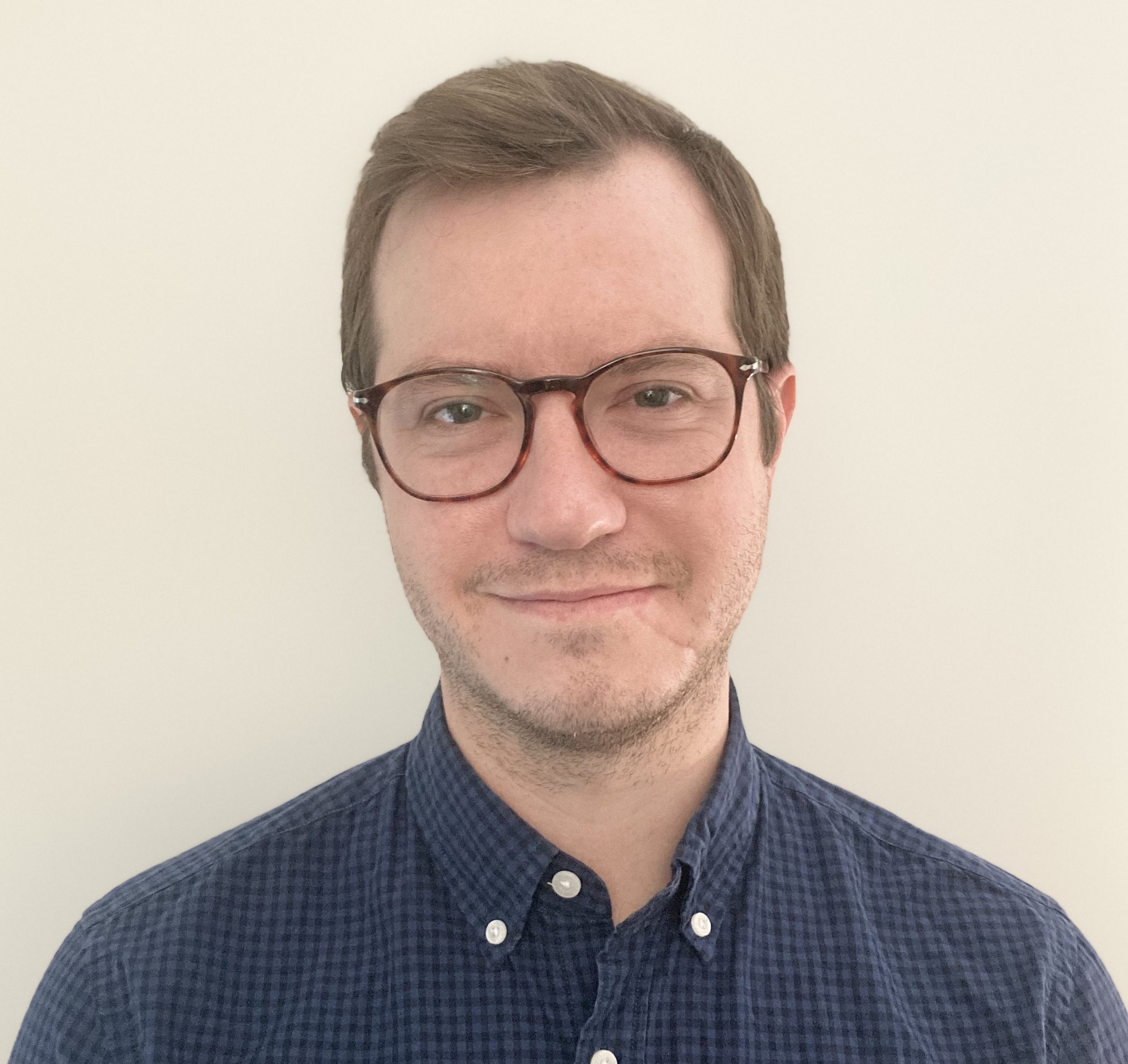 Clinical and Research Fellow
Clinical and Research Fellow
Dr. Brenden Tervo-Clemmens is a post-doctoral fellow at Massachusetts GeneralHospital/Harvard Medical School in the MGH/NIDA K12 Career Development Program in Substance Use and Addiction Medicine. Brenden received his Ph.D. in Clinical Psychology in 2021 from the University of Pittsburgh, with secondary training in…more
Principal Investigator
Joanna Streck completed her doctoral training in addiction and tobacco regulatory science at the University of Vermont Vermont Center on Behavior and Health and went on to complete her predoctoral internship in Behavioral Medicine and K12 fellowship in addiction at MGH/HMS. Her primary program of research seeks to identify effective tobacco cessation and harm reduction interventions for vulnerable populations who smoke with a focus on those with co-morbid SUD.
Project Manager, iDECIDE
Caroline Gray received a Bachelor of Science in Psychology from Virginia Tech and her M.S.W. from the University of South Carolina. Caroline joined CAM in July 2021 and works primarily on the iDECIDE project, under Dr. Randi Schuster. Prior to her time at CAM, she was at the American Academy of Addiction Psychiatry, where she was a project manager…more
Associate Program Manager
Julia Jashinski graduated from Ohio State University in 2019 with a Bachelor’s of Science in Public Health and received her M.S.W. from Boston University in 2021. At CAM, she works together with principal investigators to support ongoing projects and manage grants, and is the project coordinator for Dr. Gilman and Dr. Evins’ multi-site study looking at the effects of cannabis and a group behavioral intervention on pain and opioid utilization. Her professional interests include harm reduction, substance use policy, and health equity.
Pre-Doctoral Candidate
Meghan Costello is a pre-doctoral clinical fellow at Massachusetts General Hospital/Harvard Medical School in the Cognitive Behavioral Therapy Track. She is a PhD candidate in Clinical Psychology with a minor in Quantitative Psychology at the University of Virginia, where she also received her undergraduate and master’s degrees. Her research focuses on characterizing and leveraging positive peer relational processes to promote adolescent well-being. She is also interested in near-peer and paraprofessional intervention and prevention efforts as a promising avenue for improving access to supportive care for young people.
Associate Director of Biostatistics, Recovery Research Institute
Emily A. Hennessy is Associate Director of Biostatistics at the Recovery Research Institute and Assistant Professor at Harvard Medical School. Dr. Hennessy was a Fulbright Scholar to Norway where she completed an M.Phil. in Health Promotion and focused on adolescent well-being. She completed her Ph.D. in Community Research and Action at Vanderbilt University and her postdoctoral fellowship at the University of Connecticut in the Systematic Health Action Research Program (SHARP) Lab. Dr. Hennessy’s research examines factors associated with health behavior change among adolescents. Her primary area of research, adolescent substance use disorder prevention, treatment and recovery, is funded by a career development award (K01) from the National Institute on Alcohol Abuse and Alcoholism. This study examines social network and recovery capital mechanisms of the recovery process in adolescents using social identity mapping. A secondary area of her research is in conducting evidence syntheses and in improving methods for evidence synthesis. She serves as Associate Methods Editor for the International Coordinating Group of the Campbell Collaboration and is on the editorial board of Psychological Bulletin.
Director of Operations and Finance, Recovery Research Institute
Alexandra Abry graduated from Bates College, where she received her Bachelors degree in Psychology. At the Recovery Research Institute, Alexandra has worked on a variety of projects, including the Cochrane review on Alcoholics Anonymous and 12-Step Facilitation, a SAMHSA systematic review on recovery support services, the National Recovery Study, and the Recovery Community Center study, among others.
Research Scientist, Recovery Research Institute
Dr. Lauren Hoffman is a Research Scientist at the Recovery Research Institute within the Center for Addiction Medicine at Massachusetts General Hospital, and an Assistant Professor of Psychology within the Department of Psychiatry at Harvard Medical School. Her current research is funded by NIDA, and seeks to elucidate the biopsychosocial correlates of successful substance use disorder treatment and recovery, with an emphasis on opioid use disorder and translation to real-world populations. The ultimate goal of her research is to leverage identified biological and psychosocial correlates to develop and test novel interventions that more effectively address barriers to successful treatment and sustained recovery. In addition to her research activities, Dr. Hoffman serves as Chair of the Nominations and Elections Committee for the American Psychological Association’s Society of Addiction Psychology.
Dr. Hoffman received her Bachelor of Arts from San Diego State University with honors in Psychology. She received her MS and PhD in Psychology with an emphasis in Behavioral and Cognitive Neuroscience from the University of Florida. She completed her post-doctoral training at the Recovery Research Institute, as a Research Fellow in Psychology within the Department of Psychiatry at Massachusetts General Hospital and Harvard Medical School.
Research Scientist, Recovery Research Institute
Dr. Alex Russell is a Member of the Faculty at Harvard Medical School and Researcher at the Recovery Research Institute within Massachusetts General Hospital. His research, funded by a K01 early career development award from the National Institute on Alcohol Abuse and Alcoholism (NIAAA), leverages data from popular social media platforms (e.g., Twitter, TikTok) to explore the nature and influence of social media on alcohol use disorder (AUD) and AUD help-seeking behaviors with the goal of informing public health interventions intended to mobilize AUD treatment and recovery service engagement among young adults.
Clinical Research Coordinator III
Vanessa Iroegbulem graduated from Augustana College with a Bachelor of Arts in neuroscience and women, gender, and sexuality studies with a minor in philosophy. At CAM, she works primarily with Dr. Evins and Dr. Schuster on two studies, one that investigates the efficacy of a pharmacological and behavioral intervention for vaping cessation in adolescent and young adults who have a willingness to quit vaping, and another that focuses on the development and evaluation of a new drug education curriculum, which seeks to create a more equitable response to school-based substance use infractions. Her research interests include harm reduction, health equity, and accessibility and effectiveness of early interventions and treatments for substance use in marginalized and underserved populations.
Jason graduated with a Bachelor of Science degree in Psychology from Fordham University in 2020. Jason’s past work has examined qualitative elements of developmental milestones, such as individuals entering the college environment and the associated risks/benefits involved in that phase of life. At CAM, Jason works primarily with Dr. Evins and Dr. Schuster on a study that investigates vaping cessation in adolescents and young adults who have a willingness to quit vaping. Jason’s research interests broadly include targeting at-risk youth and subsequent implementation of early intervention modules for substance use and comorbid psychopathology.
Programmer/Clinical Research Coordinator II
Bryn Evohr graduated from Emory University in 2022 with a Bachelor of Science in psychology and minors in quantitative science and Spanish. At CAM, she works primarily with Dr. Gilman on the prescription opioid tapering study, which looks at the effect of medical marijuana and behavioral interventions on pain and opioid dose. She also works with Dr. Tervo-Clemmens on a study assessing real-world day-to-day associations between impulsivity and cannabis use. Her research interests include behavioral support and treatment interventions for populations with physical disabilities and chronic illnesses, as well as health equity and mental health treatment relating to these populations.
Programmer
Jasmeen Kaur received a Master of Public Health from Boston University and her Bachelor of Dental Surgery degree from Baba Farid University of Health Sciences. At CAM, she works primarily with Dr. Gilman on the Adolescent Brain Cognitive Development Study, looking at the substance use patterns in coordination with Dr. Tervo-Clemmens and Dr. Potter. Her research interests include opioid addiction, substance dependence, equitable and affordable access to health resources as well as effects of social determinants on mental health.
Programmer
Rosie Du graduated from Harvard College, where she studied Applied Mathematics with a focus in biology and minored in Ethnicity, Migration, Rights. She primarily works as a programmer on Dr. Schuster’s school-based research projects. Her research interests include providing adequate and community-based mental health support/interventions for youth in schools, alternatives to punishment, and reducing stigma of substance use and mental health disorders.
Clinical Research Coordinator II
Liam Arteaga graduated from the University College Dublin with a Masters in Psychological Sciences in 2021, as well as having received a B.S in Neuroscience and B.A in Psychology from Emmanuel College in 2020. At CAM, he works with Dr. Randi Schuster on a study examining the efficacy of a drug education and diversion program for adolescent students. Liam’s interests include research furthering our understanding of substance use disorders through a biological perspective, as well as research that aims to evaluate, improve, and expand overall treatment options for substance use disorders.
Clinical Research Coordinator II
Kendall Roberts graduated from Tufts University with a Bachelor of Science in Clinical Psychology and Child Study and Human Development. At CAM, she works with Dr. Schuster on the effectiveness of a new drug education curriculum as an alternative intervention for adolescents with substance use infractions. Her research interests include the development and implementation of community-based mental health interventions and the treatment of comorbid psychopathology. Kendall hopes to attend graduate school to pursue a degree in clinical psychology.
Hannah Drew, B.A.
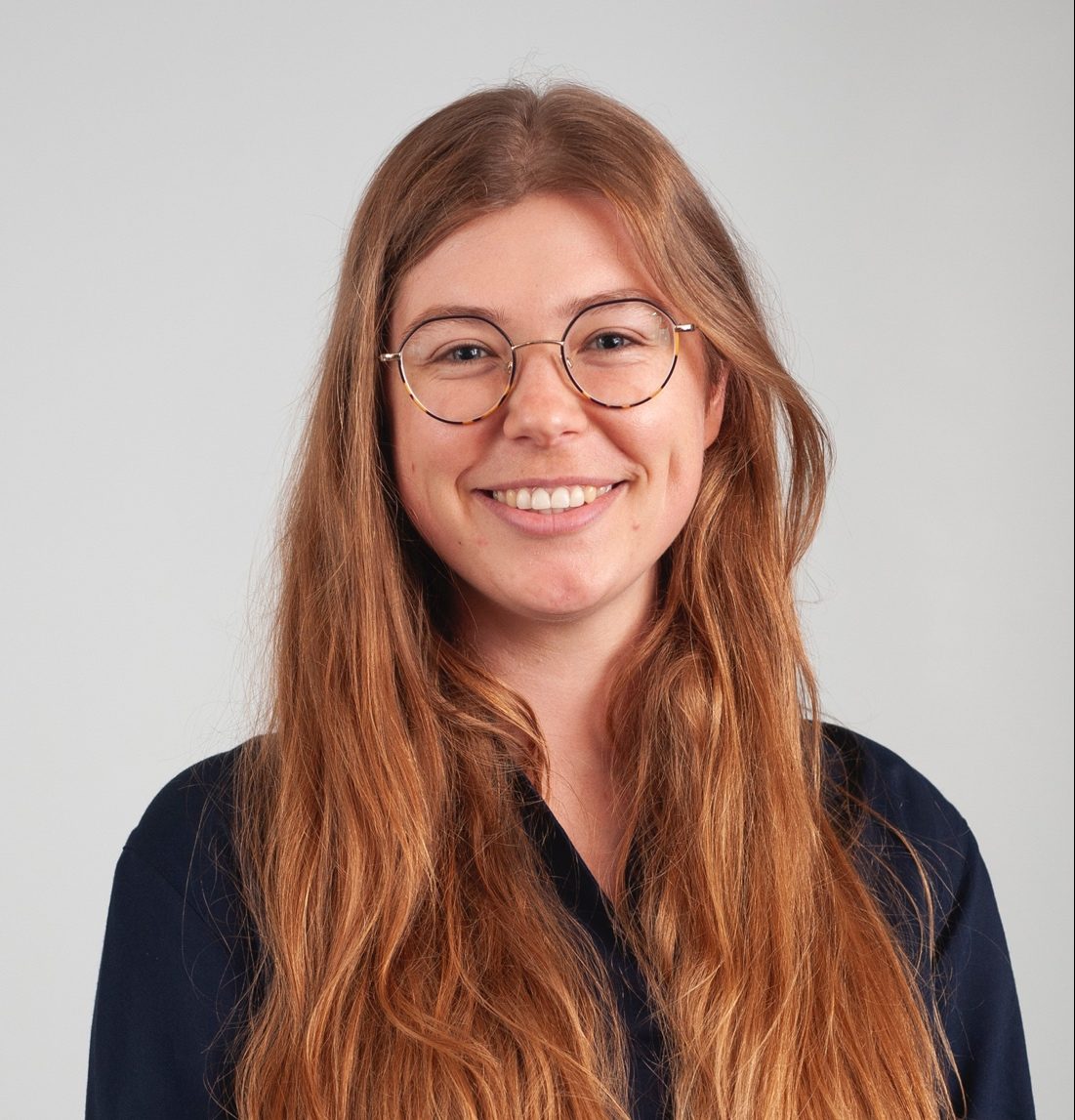 Clinical Research Coordinator II
Clinical Research Coordinator II
Hannah Drew graduated from Harvard University with a B.A. in History & Literature, and a minor in Global Health and Health Policy. At CAM, Hannah works with Dr. Schuster on two projects: one project focuses on the development of a drug education curriculum for middle and high school students, and the second project evaluates the effectiveness of school-based interventions in addressing youth substance use. Her research interests include substance use disorders, young adult mental health, global and rural health delivery, and health equity. She hopes to attend medical school in the future!
Clinical Research Coordinator II
Elizabeth Oxendine graduated from Tufts University in 2023 with a Bachelor of Science in Clinical Psychology and Community Health. At CAM, she works with Dr. Schuster evaluating the effectiveness of using nonclinical peer support workers to deliver school-based substance use screenings and brief interventions. Her research interests include Adverse Childhood Experiences (ACEs), mood disorder prevention programs for young children, and community-based participatory research (CBPR). Fun fact, she was an intern at CAM before she became a clinical research coordinator!
Clinical Research Coordinator II
Lauren Greenspan graduated from the University of Michigan with a Bachelor of Science in Public Health Sciences, Bachelor of Arts in Psychology, and a minor in the History of Medicine and Health. At CAM, she works with Dr. Schuster on a project evaluating the effectiveness of school-based interventions in improving the screening and treatment of youth substance use. Her research interests include adolescent mental health, depression and anxiety prevention, health equity, and improving access to care through community-based interventions.
Isabella graduated from Boston College in 2024 with a Bachelor of Science in Neuroscience and a minor in Medical Humanities. At CAM, she works with Dr. Schuster on two studies, one examining the effects of acute cannabis abstinence on suicidality and depressive symptoms and another exploring school-based interventions for substance use. Her research interests include the neurobiology of substance use disorders, interactions between substance use and mental illness, and research that promotes holistic treatment of such comorbidities.



